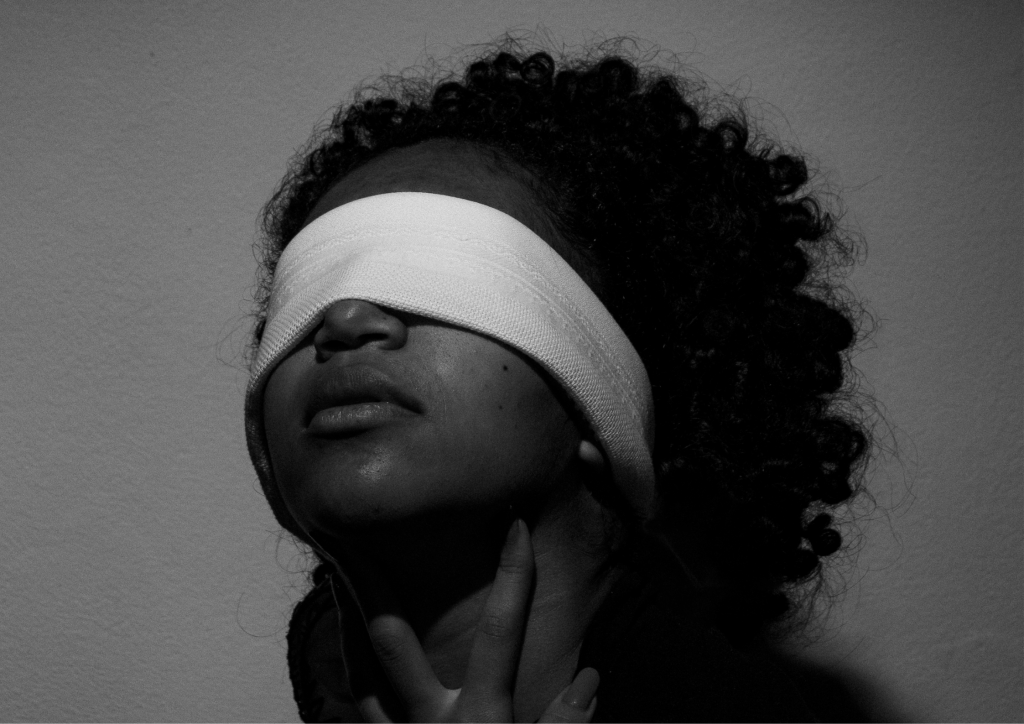
By Magreth Ruzvidzo
When she recalls how she associated her sickness with witchcraft at first, one can see and understand how the knowledge gap on the COVID-19 pandemic had a huge impact on most Zimbabweans.
Just like any other country, everyone had their own perceptions of the pandemic- how it is transmitted and treated.
Social media was awash with rumours and this created another pandemic that people had to deal with, an “infordemic”
“I had gone to my paternal grandmother’s funeral in Mberengwa and it was after I came back home that I realised I was feeling sick. The worst part is, I didn’t even think about COVID-19 but I thought maybe someone had used bad omen on me.”
Manyonga
“By then Covid 19 tests were around US $50 and that prize was way beyond what we could afford. We just sought money for one person to get tested. My husband was the one who got tested and when the results came out I couldn’t believe it. From thinking it was witchcraft and that the virus affects only those in urban areas, to now facing reality. It was a hard pill to swallow. Questions ran down my mind- Am I going to die? What about my young kids? So all the things I have worked for are now in vain?”
Manyonga
By the time she had difficulties in eating and also less sleep, Manyonga thought that was the end of it. She never thought that a day would go by without eating sadza- her favourite.
“We just started using zumbani, steaming, and above all praying to God. We rarely prayed before, but at that moment, it became our daily routine. My elder son had bought a radio set and we started listening to information we could make use of in order to recover. I remember at one point we tried quarantine for the benefit of our kids who appeared to be still fit. By the time people within our neighbourhood learnt that we had tested positive, they maintained their distance and some would just merely call to just check on us.”
“The health workers would also visit us and bring us medicine we could use to boost our immune system. After some days, I was the first to start recovering and within a short space of time, my husband was also showing signs of recovery.”
“It was not easy having the virus and hearing daily updates of COVID-19 related deaths. Worse off we didn’t have the support and visits from neighbours or relatives like what we are used to in our African values when one gets ill. We had deep thoughts thinking that if we die today, will we have someone to come and bury us? Even when we had recovered it took time for us to be in direct contact with others, people were still thinking that we were sick-it was really hard.”
Manyonga
“Now we are in a dilemma- some say COVID-19 is still there whilst some say it’s long gone. Some are wearing face masks whilst some don’t and that’s where our confusion lies. Some encourage us to get vaccinated but we are still skeptical due to myths associated with the vaccine.”
Meanwhile, Covid 19 has left traces of mental health related issues as many people were left dealing with grief and loss, depression, anxiety and post-traumatic stress disorders.
Mental Health Counsellor Blessing Lulwama Masola stressed that there is need to seek information on how to cope with all these issues to avoid mental health related issues.
“I believe education could be a starting point. Our African societies need to be made aware that problems do not discriminate based on one’s location or ethnicity. The example of COVID-19 itself could help in raising such awareness. The world over, whether Africa, Europe, Asia felt the sting of the pandemic hence we have to handle the issue adequately,” she said.
“Teaching coping skills is another corrective measure, where people are educated on things like psychological first aid on what to do when faced with challenges of such a magnitude. For the most part I have engaged in a series of therapeutic services for those who have been affected, to deal with grief and loss. Returning to normal life can be a long time coming, but in our therapy services we have been walking towards healing and empowering with coping skills on how to handle daily challenges.”
Lulwama